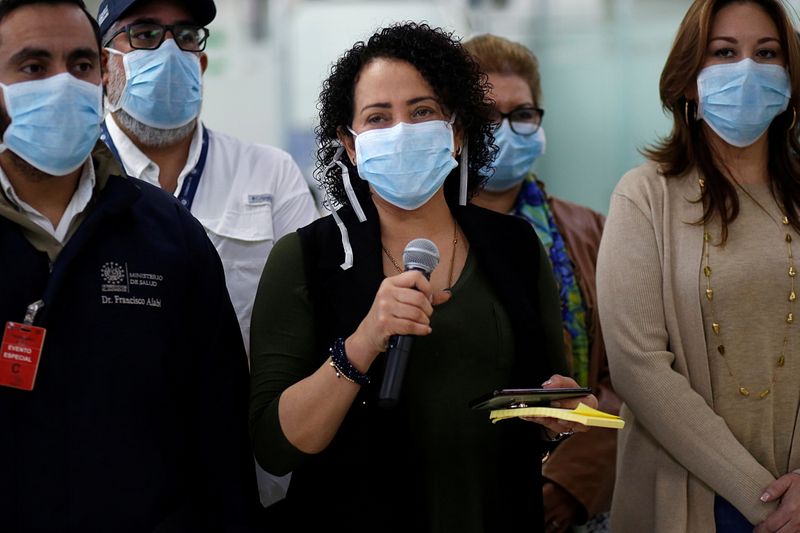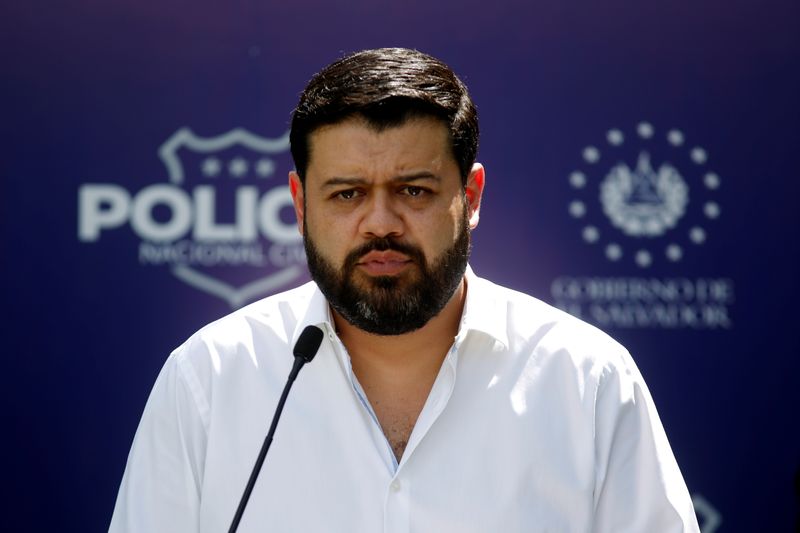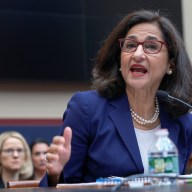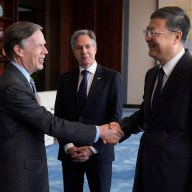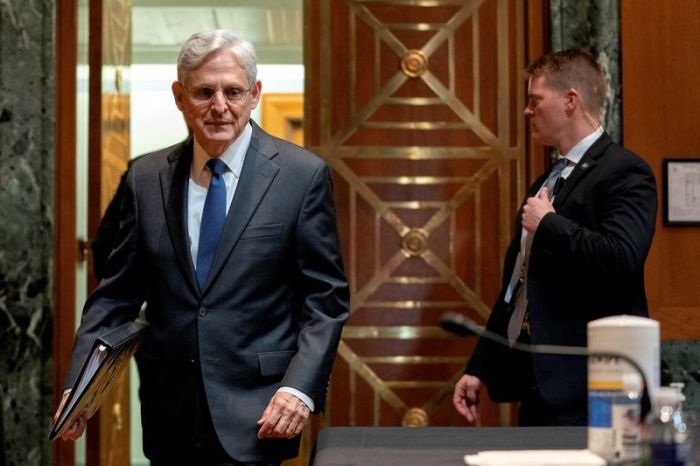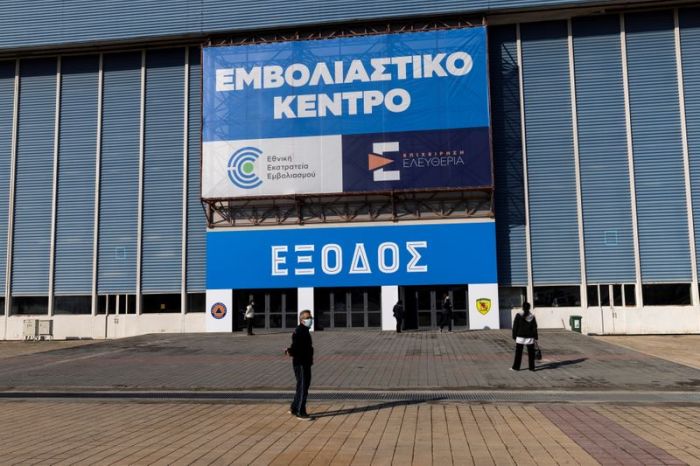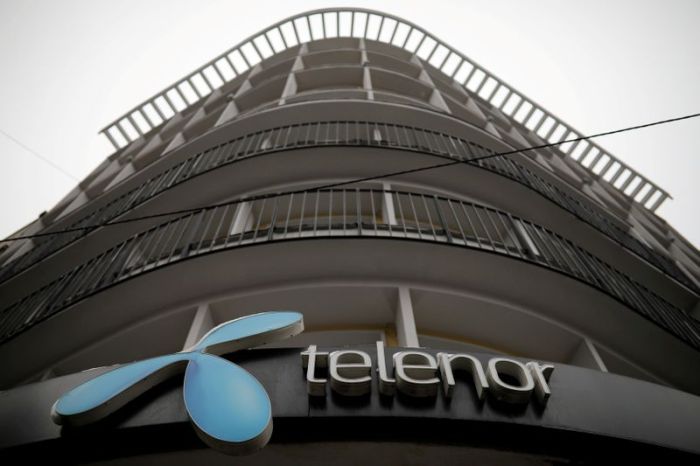By Nelson Renteria, Sofia Menchu and Ted Hesson
SAN SALVADOR (Reuters) -Central American presidential aides, top judges and former presidents were put on a U.S. State Department list on Thursday that names individuals the U.S. government accuses of corruption, obstructing justice, or undermining democracy.
The so-called Engel List was created under a law sponsored by then-U.S. Representative Eliot Engel and enacted by Congress in December that required the State Department to assemble within 180 days a list of high profile individuals it regarded as corrupt in the Northern Triangle countries of El Salvador, Honduras and Guatemala.
Listed officials will have any U.S. visas revoked and will be unable to enter the United States, the State Department said.
Seven current and former top Salvadoran officials appeared on the list, including President Nayib Bukele’s Labor Minister Rolando Castro, Cabinet Chief Carolina Recinos, and former Justice and Security Minister Rogelio Rivas.
Bukele has drawn international criticism, including from the United States, over the recent ousting and replacing of senior judges and the attorney general.
The conservative ARENA party said in a statement that it had dismissed Carlos Reyes, a lawmaker, and Ezequiel Milla, a former mayor, for having been included in the list. The party also asked Bukele to dismiss all officials mentioned on it.
More than a dozen Honduran lawmakers and two senior Guatemalan judges were also named, including recently appointed Constitutional Court judge Nester Vasquez.
Castro, Recinos, Rivas and Vasquez did not immediately respond to requests for comment.
Ricardo Zuniga, U.S. special envoy for Guatemala, Honduras and El Salvador, told reporters that tackling corruption in the region would help lessen migration to the United States and Mexico.
Some observers in Central America questioned why the report did not include the names of certain individuals widely considered to have links to drug cartels. Zuniga said the list was not static and that the United States could use “other tools” to address organized crime in the region.
“Some of the people who were listed do have some affiliation with either trafficking or with criminal organizations,” he added.
Zuniga said the individuals named were determined after an “extensive review of credible information” from both classified and unclassified sources.
The U.S. government said the 55 people named were on the list for reasons including knowingly engaging in corruption, obstructing investigations into corruption, and undermining democratic processes or institutions.
The governments of El Salvador, Honduras and Guatemala did not immediately respond to Reuters requests for comment.
(Reporting by Nelson Renteria in San Salvador, Sofia Menchu in Guatemala City, Gustavo Palencia in Tegucigalpa, and Ted Hesson in Washington; writing by Cassandra Garrison; editing by Frank Jack Daniel, Jonathan Oatis and Rosalba O’Brien)

